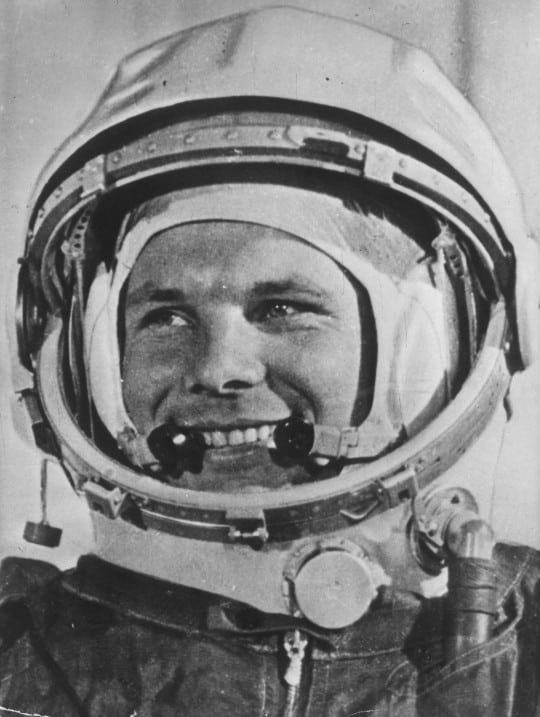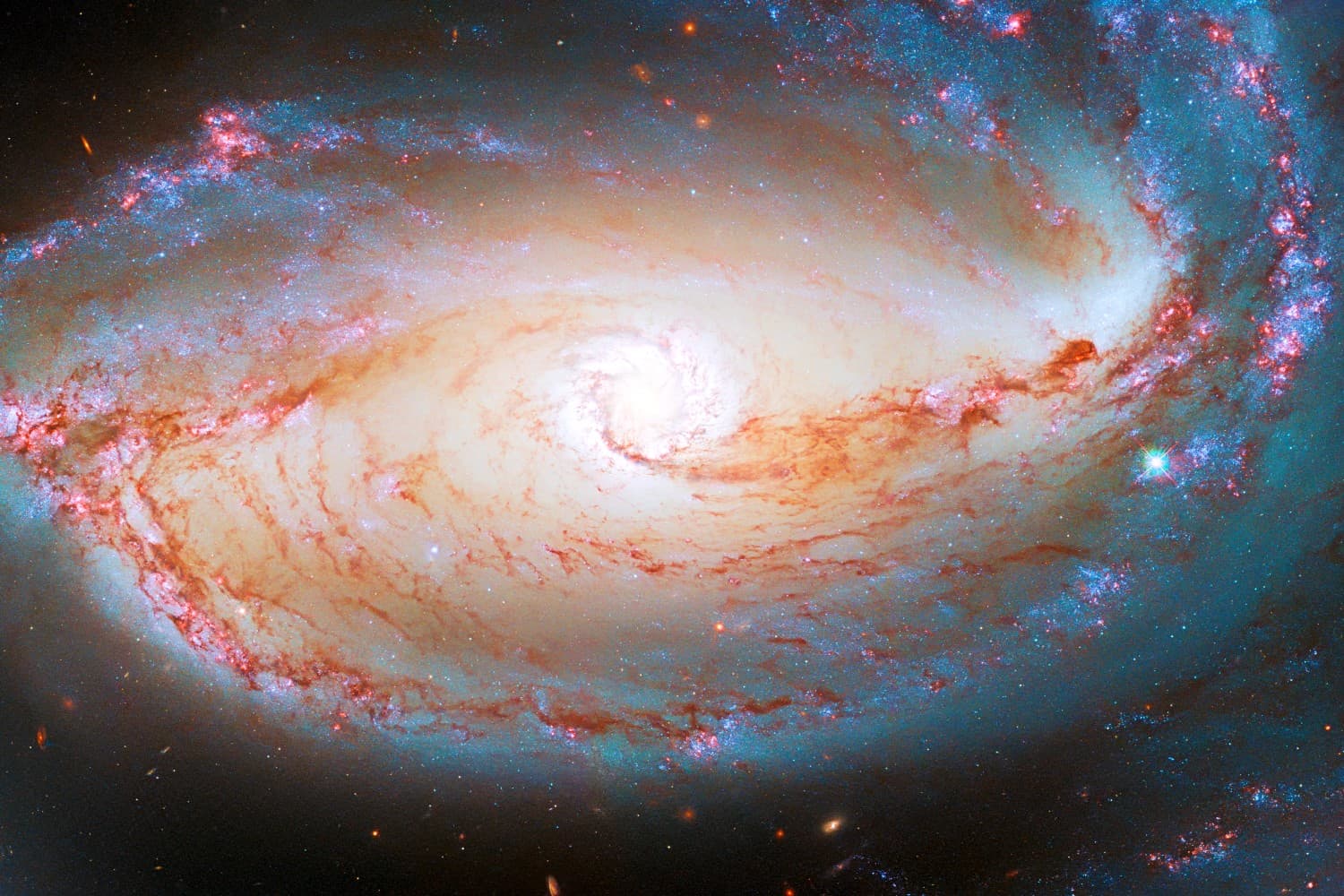The very first time a human embarked on a space flight mission was on 12 April 1961, when Soviet citizen Yuri Gagarin paved the way for space exploration. In commemoration of this historic feat, in 2011 the United Nations General Assembly declared 12 April as the International Day of Human Space Flight, marking 2022 as its 11th anniversary.
“to celebrate each year at the international level the beginning of the space era for mankind”
The General Assembly in its resolution A/RES/65/271
Yuri Gagarin’s Story
Yuri Gagarin was born in the Russian village of Klushino in 1934. He joined the Soviet Air Forces in 1957 and after two years earned the rank of Military Pilot 3rd Class. Then, after expressing interest in space exploration, Gagarin was selected to join the Soviet Space Program.
Before selection for the Vostok 1 mission candidates underwent physical and psychological testing. First off, because of the size of the capsule, the selected cosmonauts needed to weigh less than 72 kg and be no taller than 1.70 metres. Additionally, the age group was limited to between 25 and 30 years of age.
Eventually, military physicians whittled the list of 154 candidates down to 29 cosmonauts. These were sent to begin training in March 1960, just over a year before the scheduled launch. Over the next year, candidates endured many trials, both physical and phycological. Finally, on April 8th, just four days before launch, Yuri Gagarin was formally nominated as the primary pilot.
So, on the 12th of April 1961, 27-year-old Russian Soviet cosmonaut Yuri Gagarin crewed the Vostok 1 mission. Completing one orbit around Earth in just over 108 minutes.
After his successful return, Gagarin became a national hero of the Soviet Union and Eastern Bloc. He also received many medals and titles, including Hero of the Soviet Union, his nation’s highest honour.
Unfortunately, the Vostok 1 mission was Gagarin’s only spaceflight. Some reports say that Societ officials had in fact banned the young cosmonaut from further space flights. Fearful of losing a national hero. Then in March 1968, Gagarin died at the young age of 34 while piloting a MiG-15 training jet that crashed.

Space Exploration History
Since Gagarin’s momentous feat of space flight, humans have gone on to further space exploration. From landing on the moon to sending out messages in search of other life. For International Day of Humans in Space Flight 2022, we can look back on some of the noteworthy achievements of our species.
The Voyager Golden Record
In 1977, NASA launched the first of two Voyager spacecraft sent out into space to spread man’s scope further out into the solar system. On this spacecraft was the Golden Record. A record with a map to Earth, as well as a compilation of sound recordings and images put together by the United Nations (UN).
As Bill Nye, CEO of the Planetary Society, says, the Golden Record is much like a message in a bottle drifting in the sea. Its purpose was essentially to send a message out into space for any possible life to find and interpret. It sends a message of peace, while also including what the UN put together as a summary of the human race.
First Steps on the Moon
On the 16th of July 1969, three astronauts, Commander Neil Armstrong and pilots Buzz Aldrin and Michael Collins launched into space in the Apollo 11. Just four days later, on the 20th of July, Armstrong and Aldrin landed the Apollo Lunar Module Eagle on the moon. While Collins piloted the Command Module Columbia in lunar orbit. Upon landing, Armstrong reported “The Eagle has landed”, hence the phrase so famously used today. Soon after landing, Armstrong left the lunar module and became the first man to walk on the moon.
First Space Shuttle
Coincidentally, exactly twenty years after Yurin Gagarin’s mission, on 12 April 1981, Space Shuttle STS-1, Columbia launched with two crew members. It orbited the planet 36 times before returning on April 14, 1981. Marking the first orbital flight of a Space Transportation System (STS).
The International Space Station
On 20 November 1998, the habitable International Space Station (ISS) launched. The project is multinational, involving space agencies from the United States, Russia, Japan, Europe and Canada. ISS has successfully been in orbit for 23 Years, with a crew of seven people.
